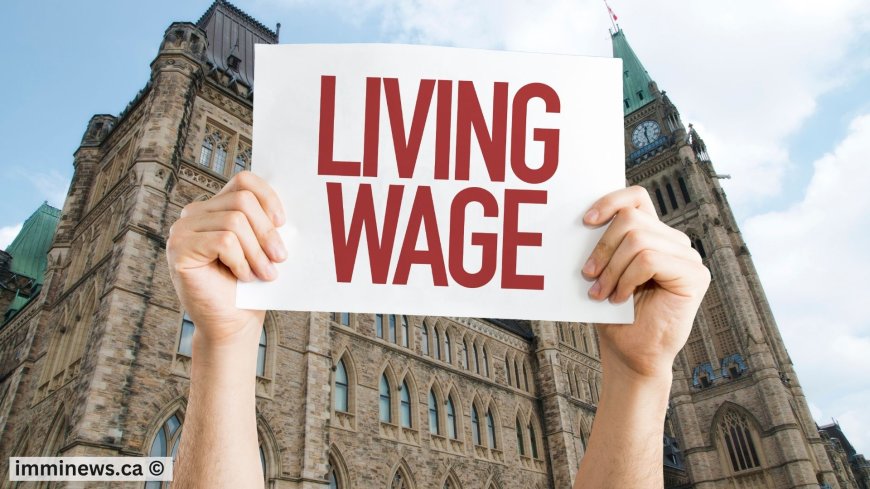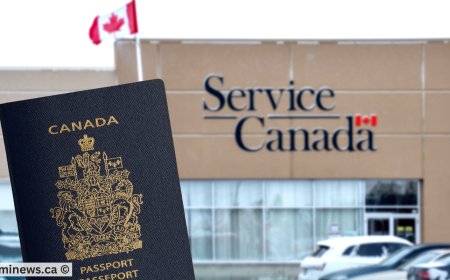Ontario’s Minimum Wage Increase: Explore Living Costs in Toronto?
Discover Ontario's minimum wage increase and its implications for newcomers. Explore living costs, income statistics, and the challenges faced by immigrant workers.

As of October 1, Ontario, along with Prince Edward Island, Manitoba, and Saskatchewan, has raised the legal minimum hourly wage for workers. The adjustments are primarily incremental, linked to inflation. In Ontario, for instance, the minimum wage has risen from $16.55 to $17.20 per hour.
The total income for someone earning minimum wage varies based on their weekly working hours. According to recent statistics, a full-time employee in Ontario typically works about 39.3 hours per week. If all hours are paid (excluding unpaid breaks), this translates to a gross weekly income of approximately $675.96 before taxes and deductions.
Most employers pay biweekly, so a full-time minimum wage worker would earn roughly $1,351.92 per paycheck. Part-time employees, on the other hand, will earn significantly less.
When calculated over a year, assuming 26 pay periods, minimum wage earners can expect an annual gross income of around $35,149.92. However, using an income tax calculator, it appears that a worker earning this salary would take home about $29,026 after taxes, assuming no additional income or investments.
For newcomers, especially those without a job offer, this raises the question: Can one live on a full-time minimum wage job in Ontario? Many newcomers need to secure employment quickly to support themselves or provide proof of income for housing.
Cost of Living for Newcomers in Ontario
As of the 2021 census, nearly half (46.6%) of Toronto's population consists of immigrants, making it Canada's city with the highest number of newcomers. Many of these individuals opt to rent initially while saving for a future home.
Here’s a rough estimate of the living expenses for a single person residing alone in Toronto. Other areas in Ontario or Canada may have lower costs.
- Average rent for a one-bedroom apartment: $2,452 (as of September 2024)
- Monthly grocery costs for one person: $526.50
- Utilities (electricity, heating, cooling, water): $160.44
- Phone plan: $56.20
- Internet: $69.70
- Public transport: $3.30 per trip or $143 for a monthly adult pass
Overall, the essential monthly expenses for a single individual in Toronto total approximately $3,407.84, equating to around $40,894.08 annually. This figure exceeds the gross annual income of a minimum wage earner by over $5,000, and their net annual income by more than $11,000.
To help manage these expenses, newcomers might consider shared housing, shopping sales, opting for budget phone and internet plans, or using walking instead of public transport.
Newcomers in Low-Wage Positions
It’s common for newcomers to work minimum wage jobs while they await the recognition of their foreign credentials. Government data indicates that about 20% of occupations in Canada require specific licenses or certifications.
Each province has its own licensing authorities, meaning there is no national timeline for credential recognition. During this waiting period, many newcomers are forced to take jobs outside their trained fields, often earning minimum wage or slightly above it.
A report highlighted that the role of immigrant workers in low-skilled jobs has risen significantly over the past two decades. Along with temporary foreign workers, immigrants have increasingly filled low-skilled positions that were once held by Canadian-born workers.
Tags:
What's Your Reaction?
 Like
0
Like
0
 Dislike
0
Dislike
0
 Love
0
Love
0
 Funny
0
Funny
0
 Angry
0
Angry
0
 Sad
0
Sad
0
 Wow
0
Wow
0




































































